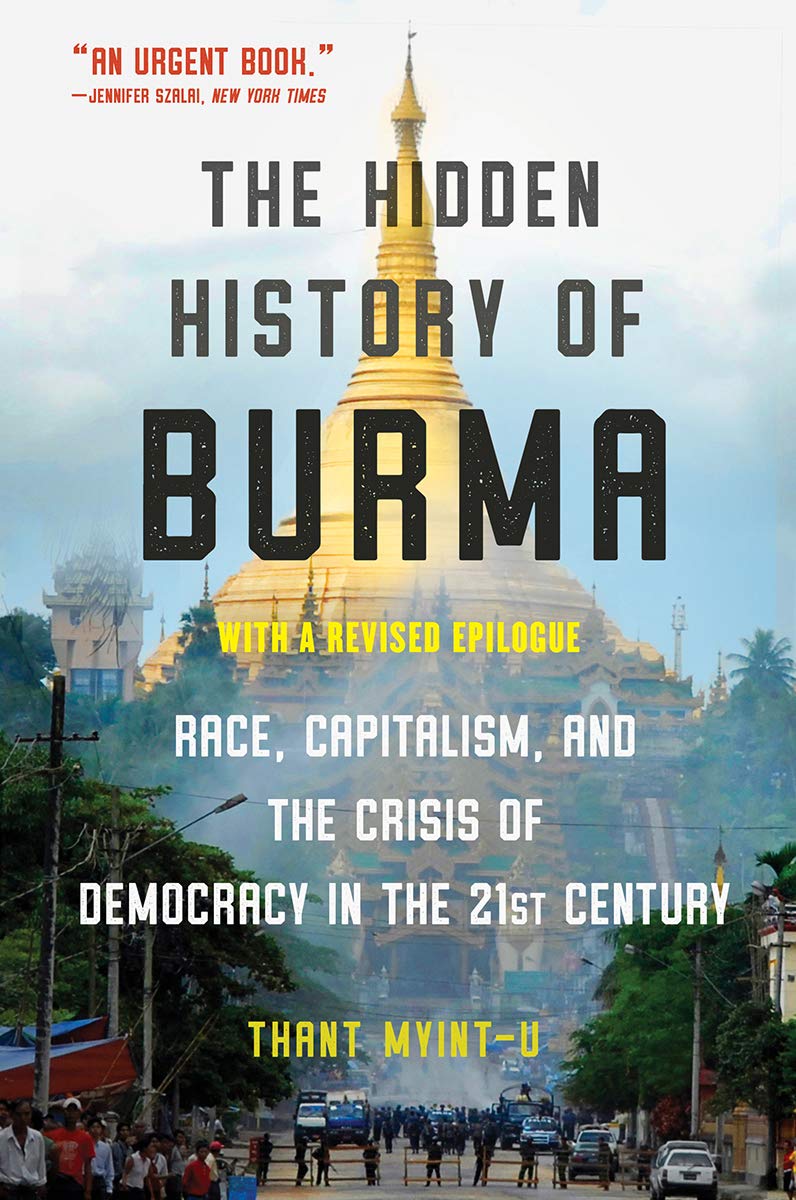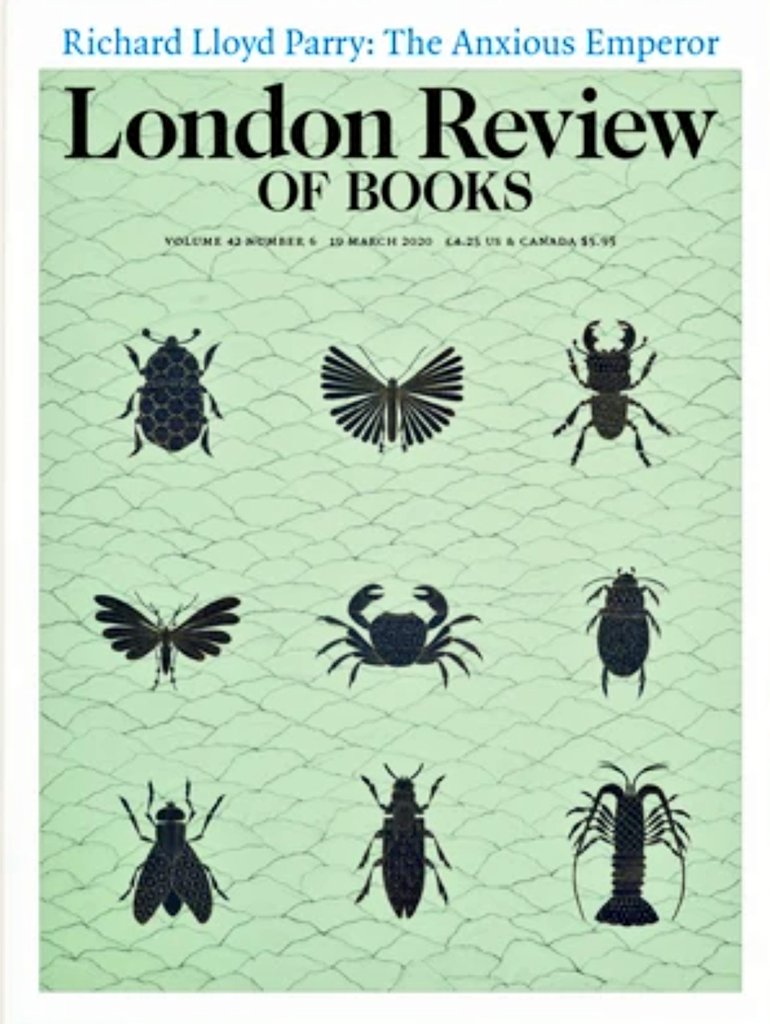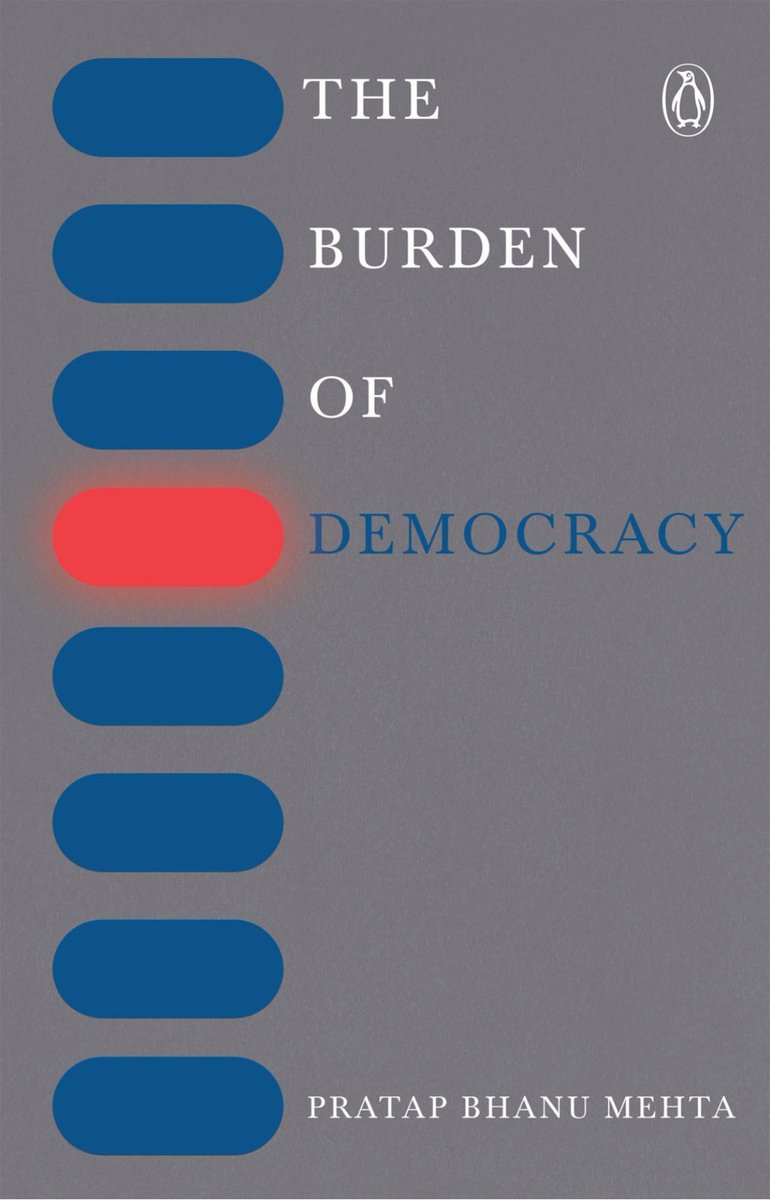
A story about the Gibraltar skull, involving Darwin, always reminds me of how difficult it is to truly speak about the world as we see it. This incident, involving the skull, in a world-historic life such as Darwin's often reminds me of a line by V. S. Naipaul.
A short thread.

A short thread.
https://twitter.com/FossilHistory/status/1417076499895697414


In 1864, Charles Darwin had been very sick for weeks. (He suffered various ailments for much of his adult life.)
To "see how I stand change", he and his wife, Emma Darwin arrived at 4 Chester Place in London where his sister-in-law Sarah Wedgewood lived.
[Charles & Emma]

To "see how I stand change", he and his wife, Emma Darwin arrived at 4 Chester Place in London where his sister-in-law Sarah Wedgewood lived.
[Charles & Emma]


It was a convenient location for Darwin because despite being sick, he could walk over to the Royal Botanical Society and the Zoological Society. In those months and past few years he was writing a book/monograph on climbing plants then. 

He writes in his autobiography:
"In the autumn of 1864 I finished a long paper on Climbing Plants, & sent it to the Linnean Society. The writing of this paper cost me four months: but I was so unwell when I received the proof-sheets that I was forced to leave them very badly.."
"In the autumn of 1864 I finished a long paper on Climbing Plants, & sent it to the Linnean Society. The writing of this paper cost me four months: but I was so unwell when I received the proof-sheets that I was forced to leave them very badly.."

While convalescing, Hugh Falconer, a paleontologist, brought to the Wedgewood residence the Gibraltar skull for Darwin to examine.The skull howevr failed to make any impact on Darwin & he failed to realize it what we know today: the first female Neanderthal.
ph: Chris Stringer
ph: Chris Stringer

This was despite that only a year ago, in 1863, the Anglo-Irish geologist William King ("first scientist to name a new & extinct species") had presented to the British association for the Advancement of Science a partial skeleton from Feldhofer Caves in Neander Valley, Germany. 

Perhaps it was because Darwin had read Thomas Huxley's 1863 monograph in which the latter had said the partial skull from Neander Valley was "unusual & ancient" but likely within the range of variation.
(On Feb 18, 1863, Darwin wrote to Huxley, “Hurrah the monkey book has come!”)
(On Feb 18, 1863, Darwin wrote to Huxley, “Hurrah the monkey book has come!”)

This new skull -- one that Falconer brought for him to see -- was complete even if some aspects were yet to be cleaned. Darwin, who was as extraordinary an observer as there ever has been, didn't register its importance. Was it bias or noise? 

a la Hamlet meets Darwin, a late 19thC sculpture by a German sculptor Hugo Rheinhold had the title 'Affe, einen Schädel betrachtend'
(loosely "Ape contemplating a skull").
Cezanne's 1896 painting 'Jeune homme à la tête de mort' (Young Man With a Skull) riffs of this theme.

(loosely "Ape contemplating a skull").
Cezanne's 1896 painting 'Jeune homme à la tête de mort' (Young Man With a Skull) riffs of this theme.


Perhaps the skull did precipitate thoughts in Darwin's mind.
On Sep 1st, 1864, he wrote to Joseph Hooker:
"Both Lyell & Falconer called on me & I was very glad to see them. F. brought me the wonderful Gibraltar skull.
--Farewell.
Ever Yours,
C. Darwin".
On Sep 1st, 1864, he wrote to Joseph Hooker:
"Both Lyell & Falconer called on me & I was very glad to see them. F. brought me the wonderful Gibraltar skull.
--Farewell.
Ever Yours,
C. Darwin".
Perhaps it was a passing remark about something out of the ordinary. But for someone as careful & meticulous the skull must've been a 'glitch in the Matrix'. Or maybe it was his ill health & reluctance to opine on anatomy since he wasn't an expert that he put aside his intuition. 

Eitherway, finding the right words to describe what we see is hard. Harder than we imagine.
V.S.Naipaul writes in his novel: 'The Enigma of Arrival', wherein he writes: "I saw what I saw very closely. But I didn't know what I was looking at. I had nothing to fit it into."
/end.
V.S.Naipaul writes in his novel: 'The Enigma of Arrival', wherein he writes: "I saw what I saw very closely. But I didn't know what I was looking at. I had nothing to fit it into."
/end.

• • •
Missing some Tweet in this thread? You can try to
force a refresh













